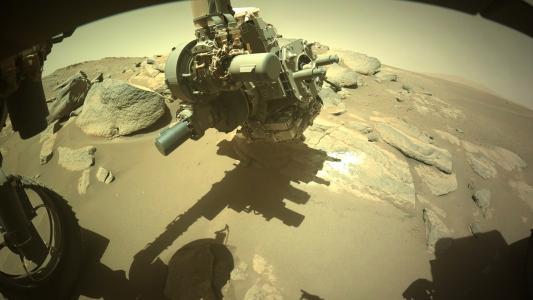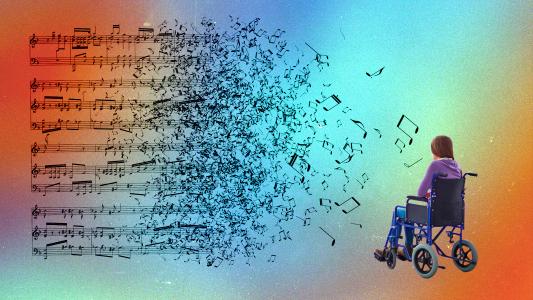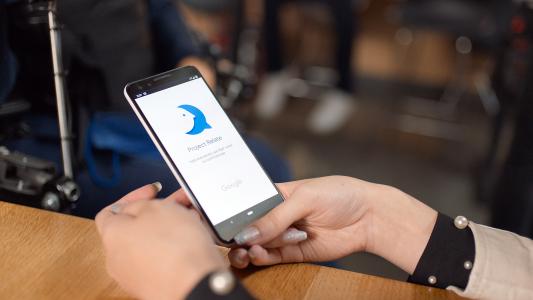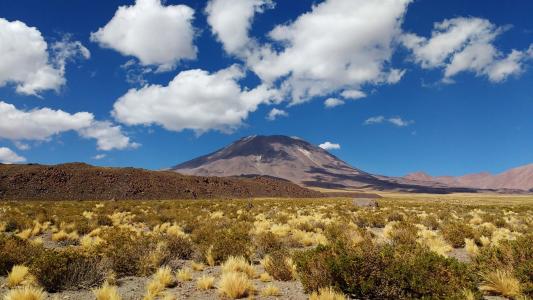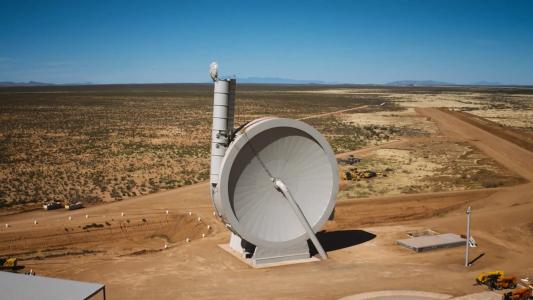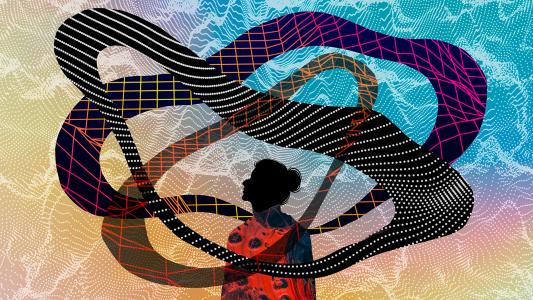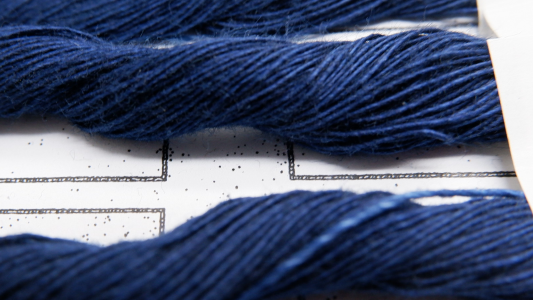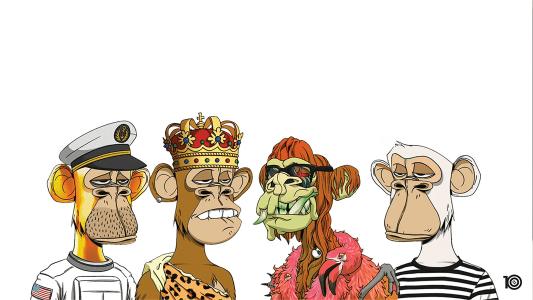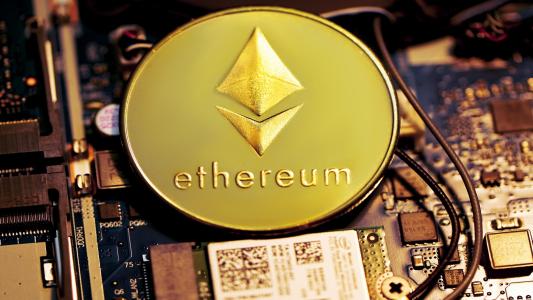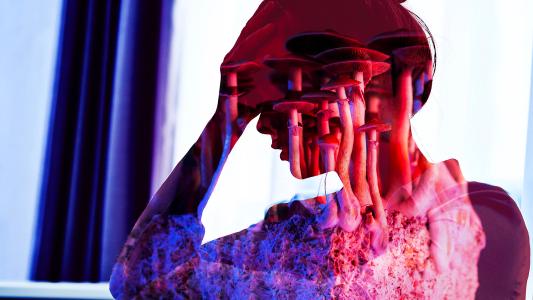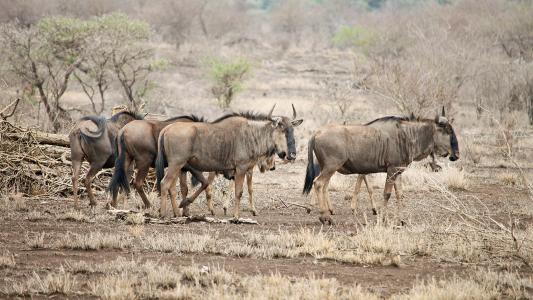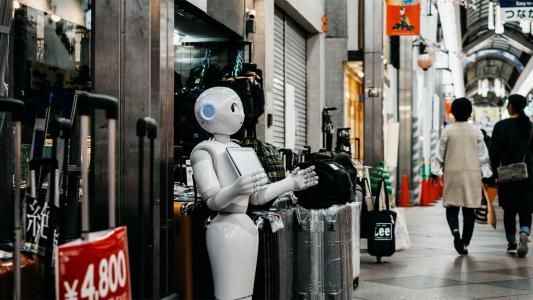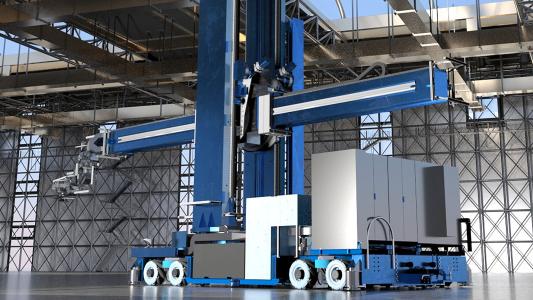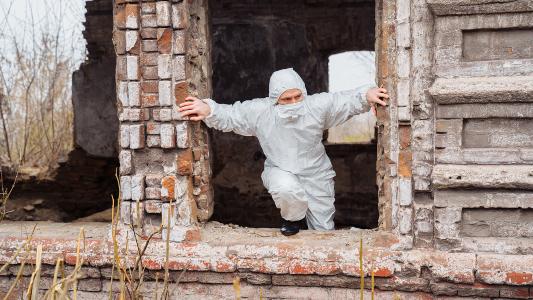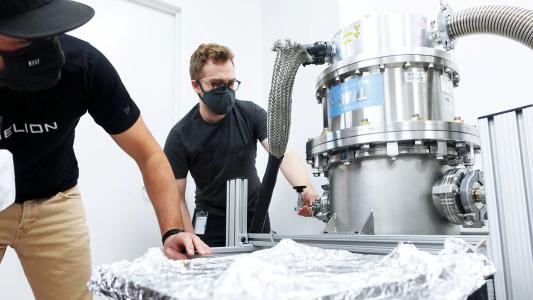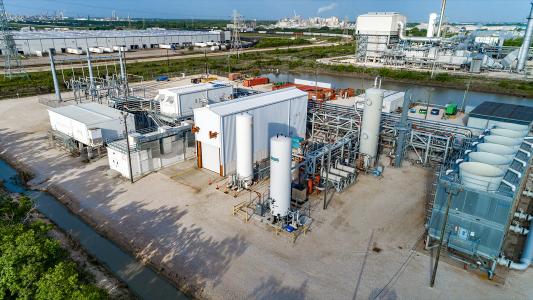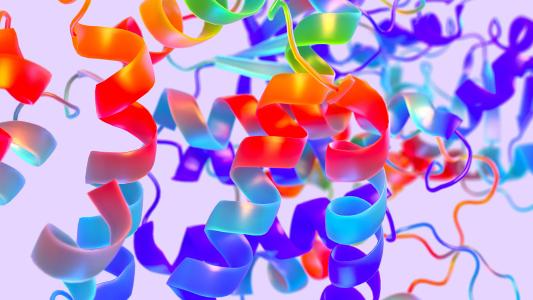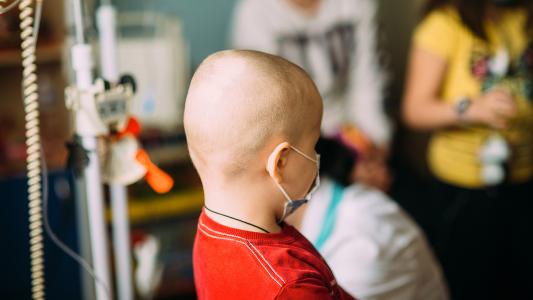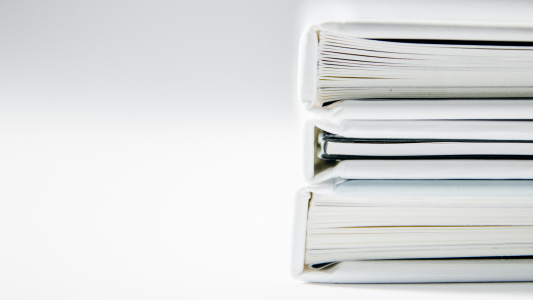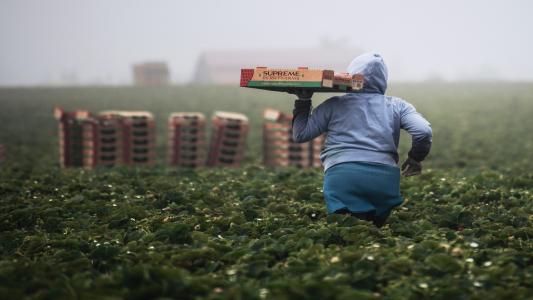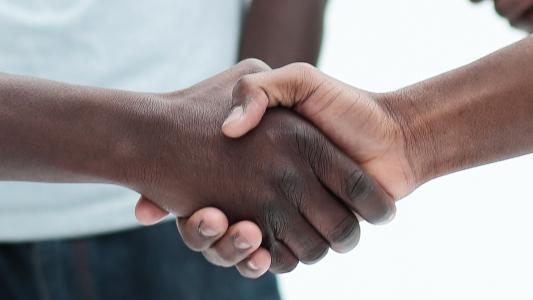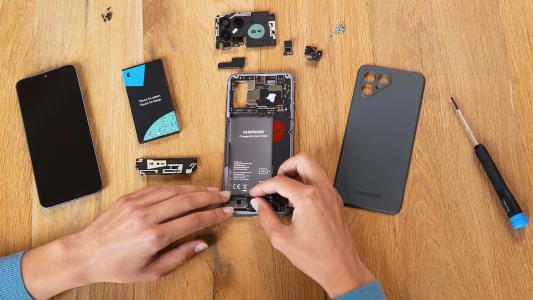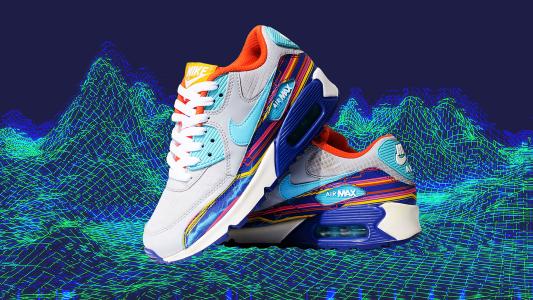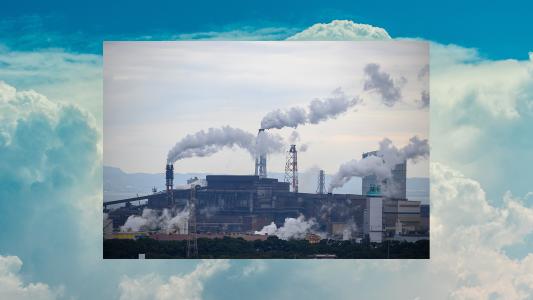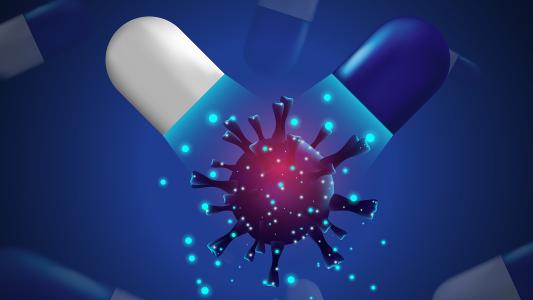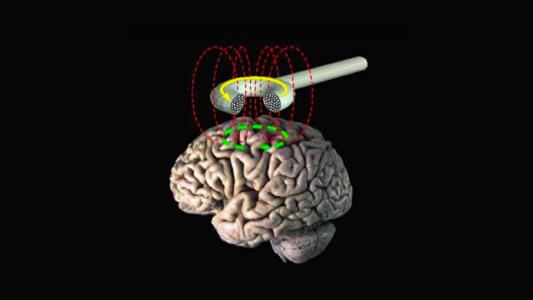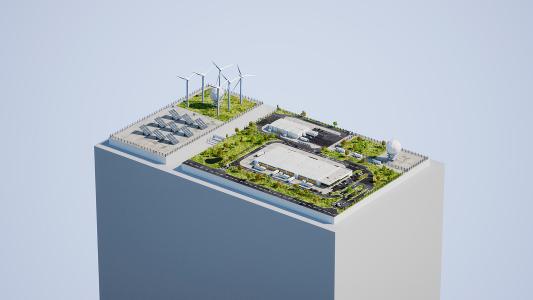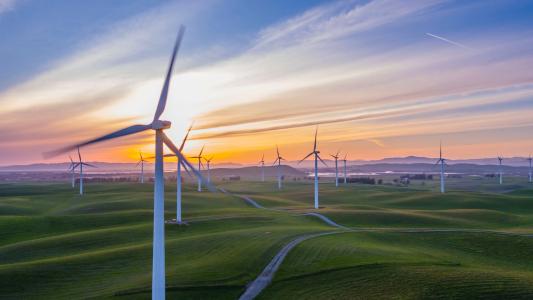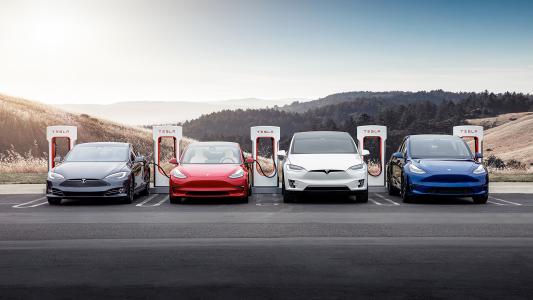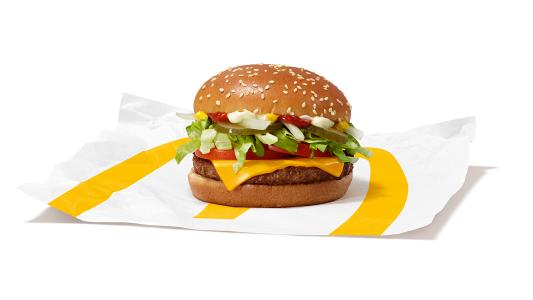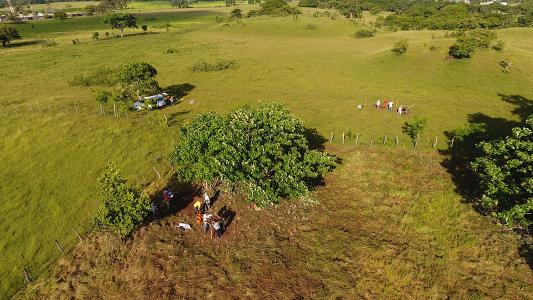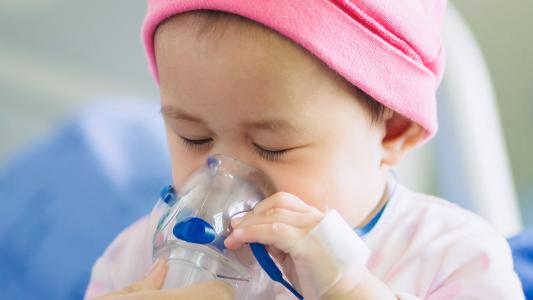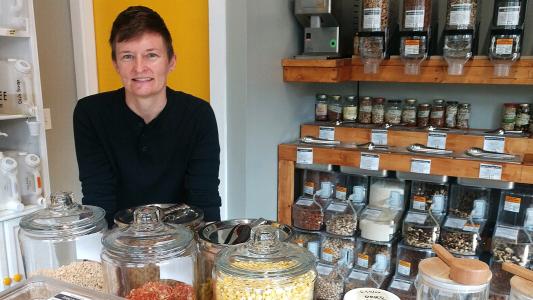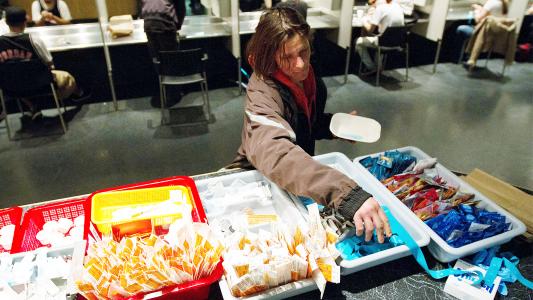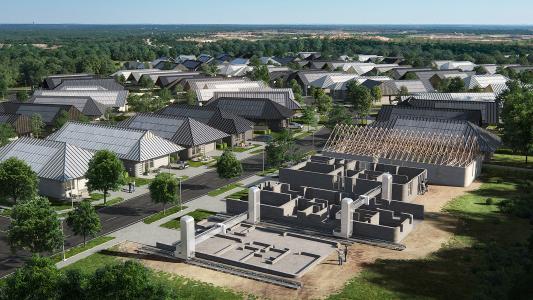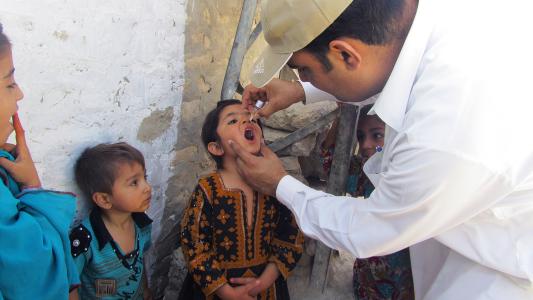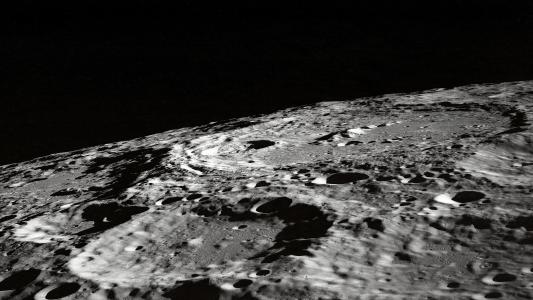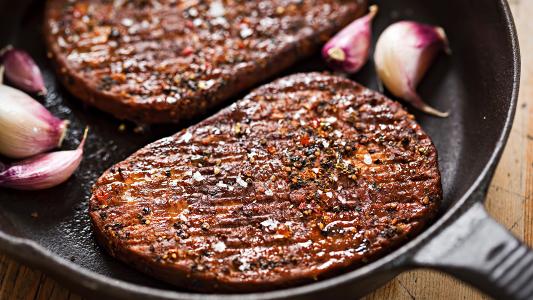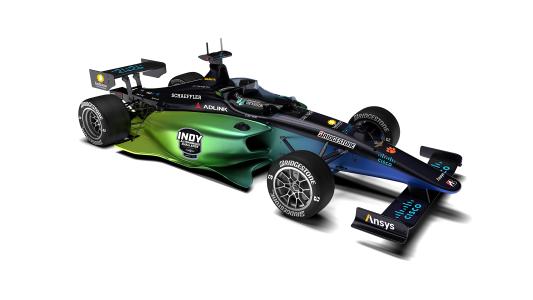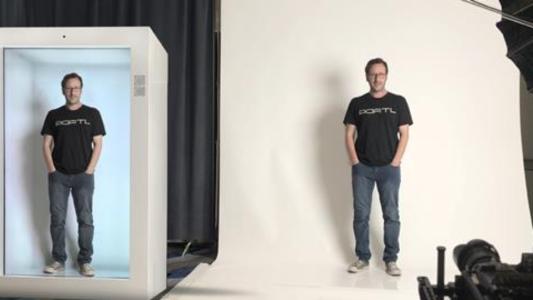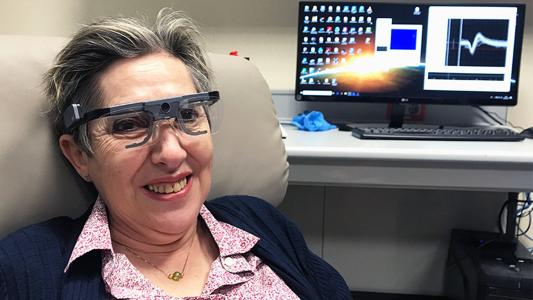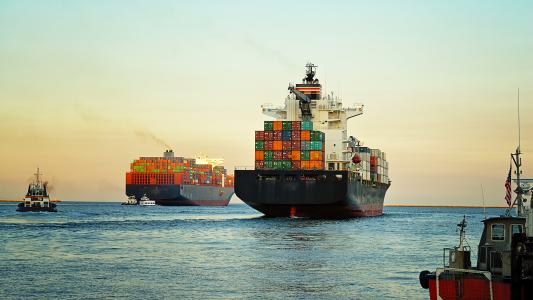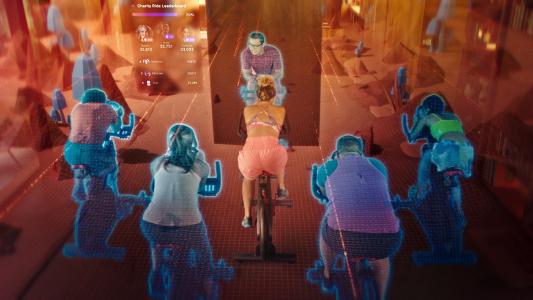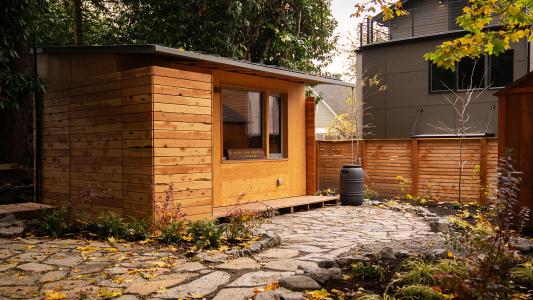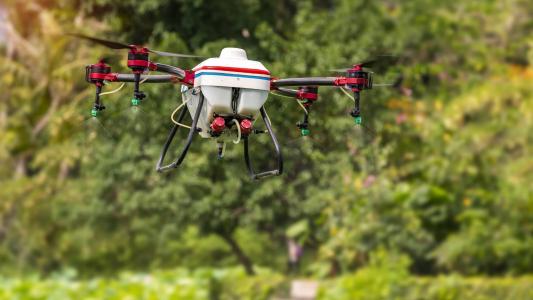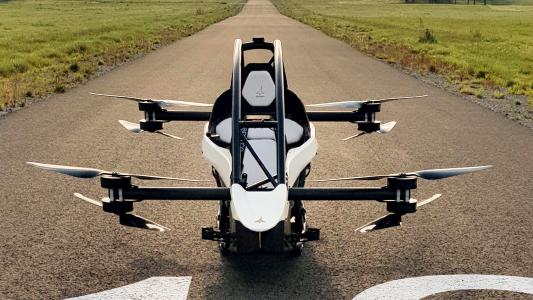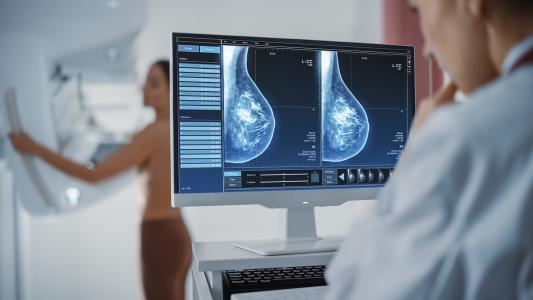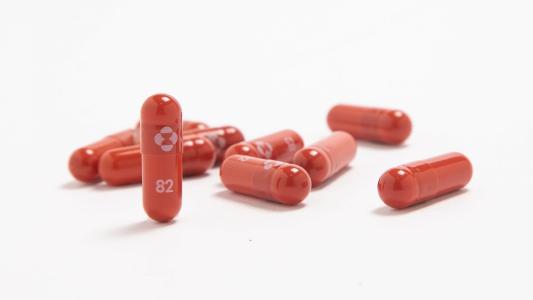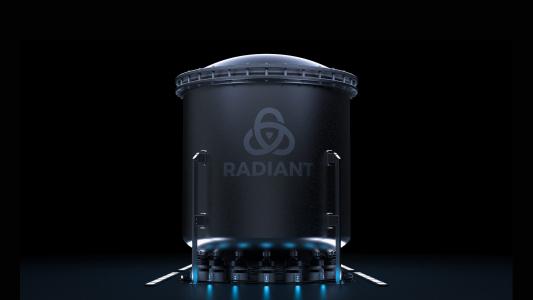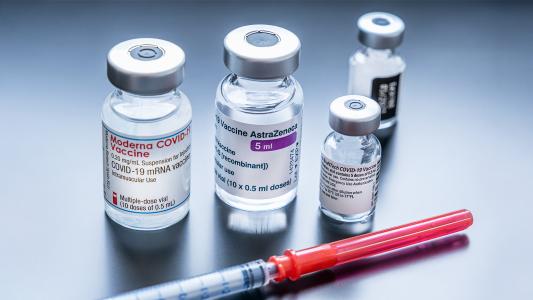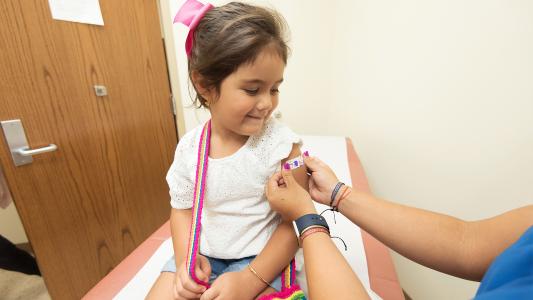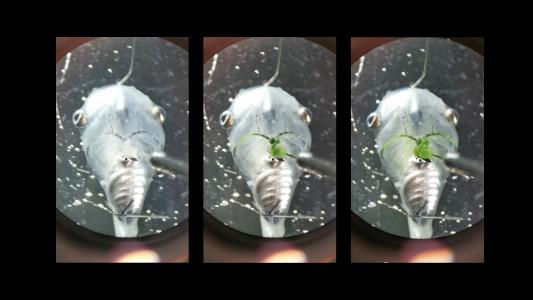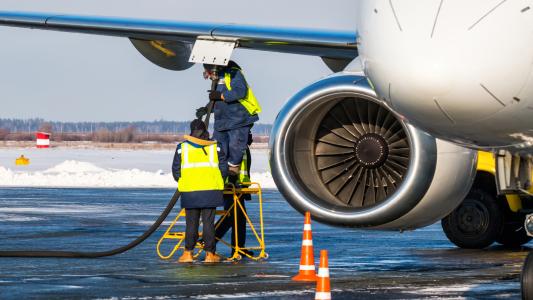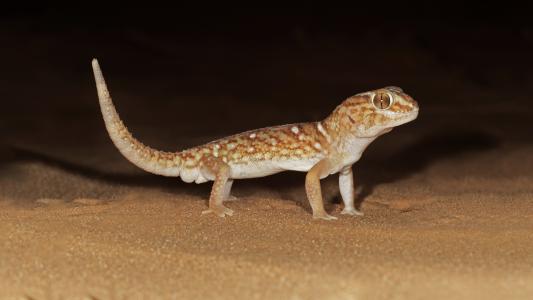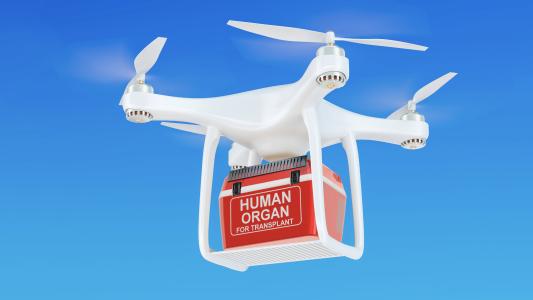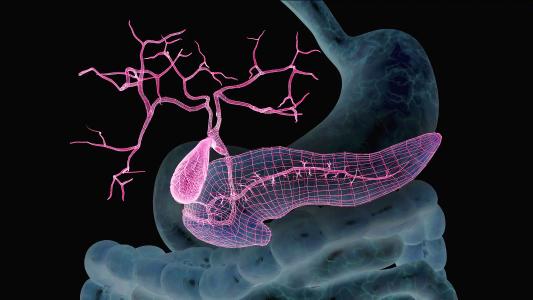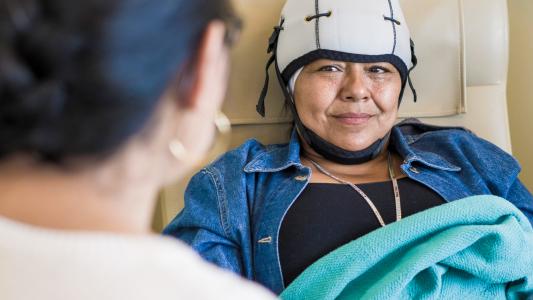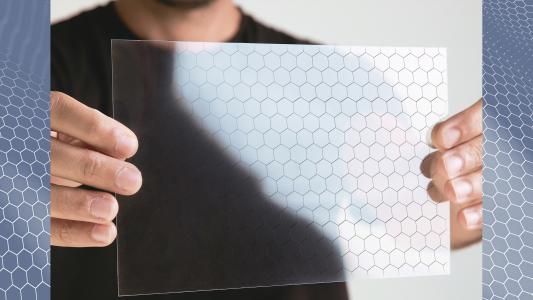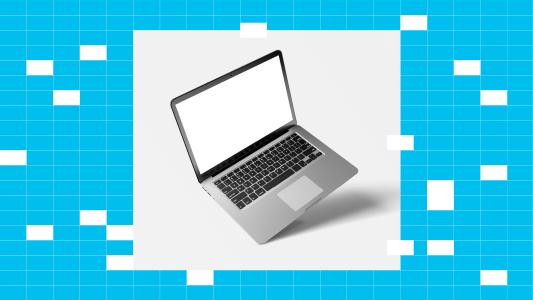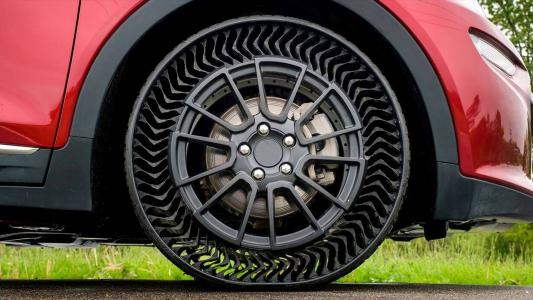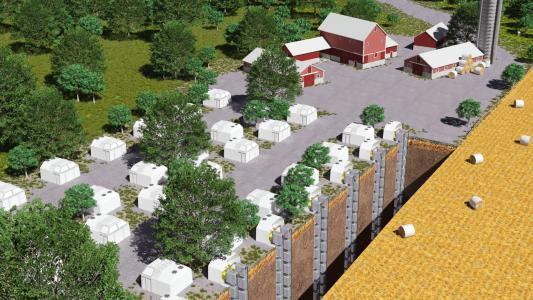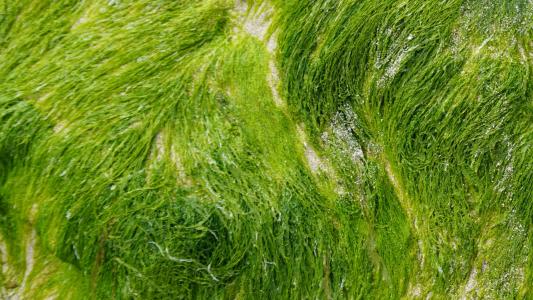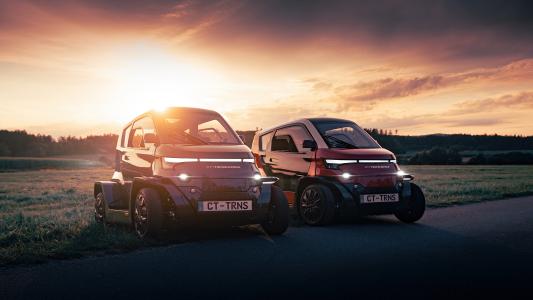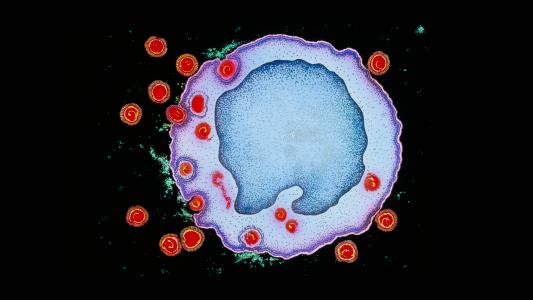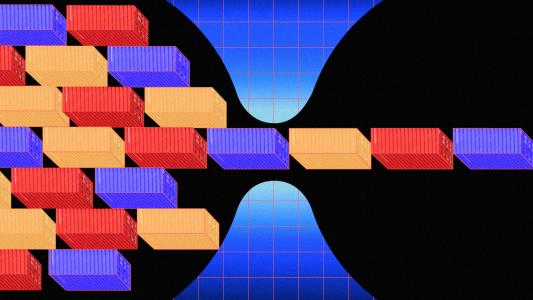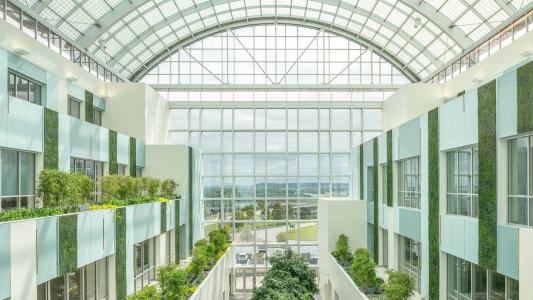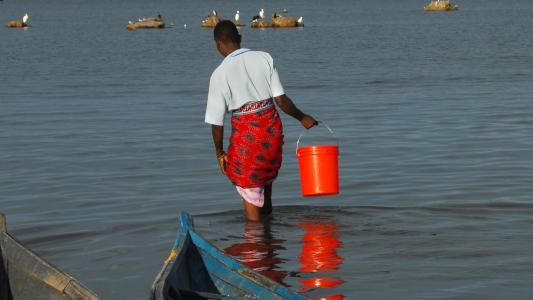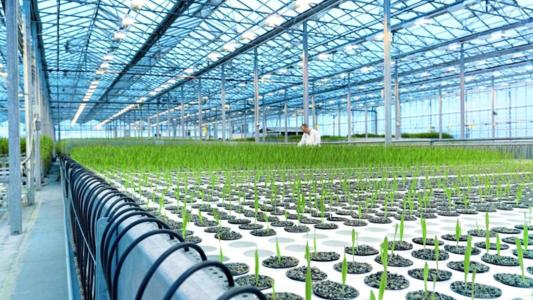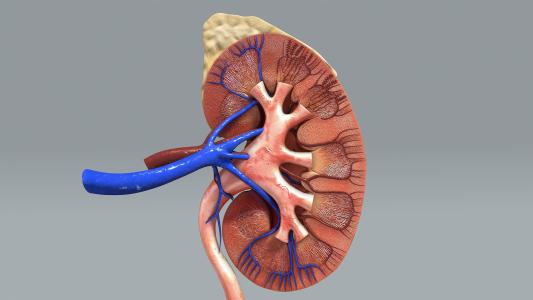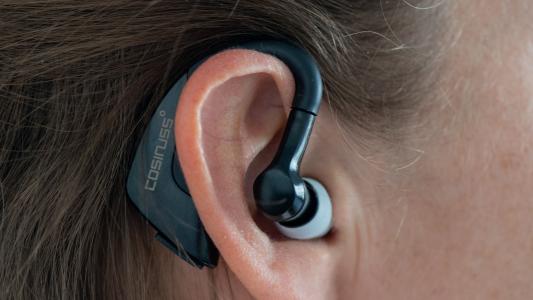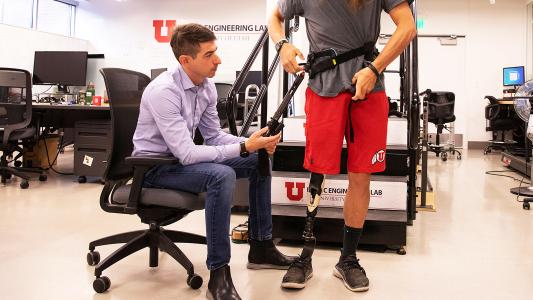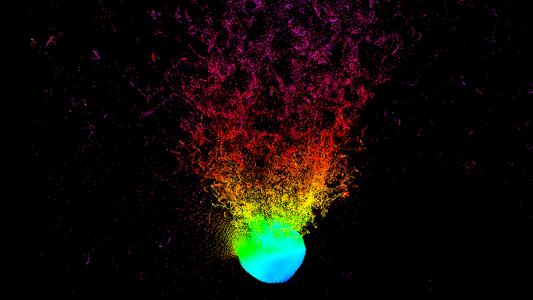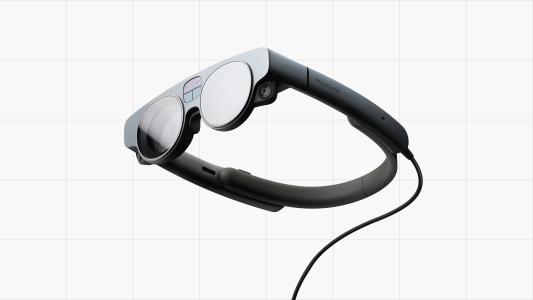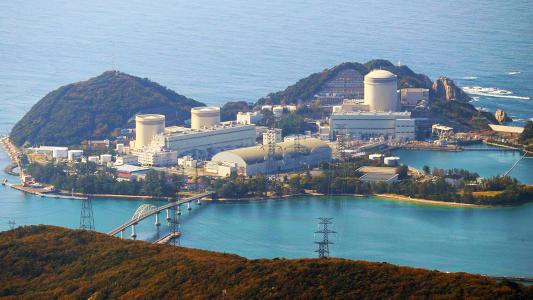Perseverance is collecting more rock samples from Mars
NASA’s Perseverance rover is on the hunt for its next samples from Mars, scraping away a small circle of rock to see beneath its surface.
Wearable robot helps people with paralysis sing
Seoul National University researchers have built a wearable robot that helps people with spinal cord injuries breathe, cough, and sing.
Speech impairments aren’t a problem for Google’s new voice app
Google’s Project Relate app makes it easier for people with speech impairments to communicate and use speech-recognition tech.
10 surprising things we’ve learned about death
Modern science has demystified death by divulging its biological processes, but many questions remain.
The shift to remote work is helping solve the housing shortage
Converting empty office buildings into apartment units through “adaptive reuse” is helping address the housing shortage.
Survival genes from the world’s harshest desert environment could save our crops
Researchers have discovered genes linked to plant survival in Chile's Atacama Desert, one of the world's harshest desert environments.
The future of space launches: a giant spinning arm in a vacuum
SpinLaunch has tested a new approach to satellite launches that flings the objects into space, rather than blasting them up with rockets.
Fashion, art, and games: here’s what a decentralized metaverse could mean
The idea of the metaverse has gone from the realm of science fiction to the latest business model of major companies from Facebook to Nike.
AI reveals that the Sahara actually has 1.8 billion trees and shrubs
AI analysis of satellite images sees trees and shrubs where human eyes can't.
Denim is a dirty business, but biotech bacteria are cleaning it up
The indigo dye in denim is problematic because it is derived from petroleum. But a new startup is cultivating bacteria that generate the same iconic blue, without the need for hazardous chemicals.
Are mini reactors the future of clean energy?
The U.K is giving Rolls-Royce nearly $300 million to develop small modular reactors (SMRs) to increase its supply of clean energy.
Apes and NFTs run the first metaverse music group
Universal Music Group has just "signed" KINGSHIP, a band of four NFTs of Bored Apes and Mutant Apes, destined to perform in the metaverse.
A decentralized web 3.0 could lead to more innovation and privacy controls
When middlemen are removed, whole new business models and innovations can emerge.
Psilocybin treatment relieves depression in largest trial yet
The largest psilocybin treatment trial to date suggests that the psychedelic drug can help people with treatment-resistant depression.
Moving endangered species could save them — or turn them into invasive species
As climate change destroys ecosystems, some scientists propose helping animals pack up their bags and move to more hospitable parts of the world. But helping animals migrate is a complicated and fraught task. Now, some scientists want to lay the ground rules for assisted colonization, before the animals become refugees.
It’s hard to give AI common sense, but we’re making progress
There's still no telling whether machine-learned common sense is five years away, or 50.
The world’s biggest industrial robot lasers off airplane paint
Dutch company Xyrec recently demonstrated a 67-ton industrial robot that uses lasers to quickly strip paint from aircraft.
Deal brings COVID-19 vaccines into conflict zones
The U.S. has brokered a deal between Johnson & Johnson and the COVAX initiative to get COVID-19 vaccines to people in conflict zones.
Nuclear fusion would change the world. Has its time arrived?
Energy startup Helion claims it will generate electricity from a nuclear fusion device by 2024 — a milestone that could transform the world.
Zero-emission natural gas power plants are coming to US, UK
Net Power has designed a new kind of natural gas power plant that can efficiently capture almost all of the carbon dioxide it generates.
Free WiFi in apartment buildings helps close the digital divide
The EducationSuperHighway nonprofit plans to narrow the digital divide in America by deploying free WiFi networks in apartment buildings.
DeepMind’s AI lights path to faster drug development
Alphabet has announced the launch of Isomorphic Labs, an AI-driven drug discovery company built on research from its DeepMind subsidiary.
Just $50 can turn your phone into a powerful chemical, pathogen detector
If this becomes a common feature of smartphones, it could someday allow anyone to identify pathogens and detect impurities in food.
Can testicular tissue restore childhood cancer survivors’ fertility?
A procedure that used frozen testicular tissue to restore fertility in animals could soon do the same for childhood cancer survivors.
This machine can turn agricultural waste into fuel
Dumping and burning agricultural waste causes pollution and contributes to climate change. An India-based startup called Takachar promises to turn the problem into profits.
Free database to 107 million research papers released online
The General Index is a searchable database of keywords and brief sentences from publications that anyone may use to navigate scientific knowledge locked behind paywalls.
We need to rethink global food production to have a shot at our climate goals
Emissions from food alone could use up all of our budget for 1.5°C or 2°C – but we have opportunities to avoid this.
Philly Truce app aims to be the Uber of violence prevention
The violence prevention app Philly Truce connects people in personal conflicts with volunteer mediators trained to resolve them.
You can repair this sustainable phone yourself
Fairphone’s sustainable phone is easy to repair and contains ethically sourced materials — two major departures from the industry standard.
Nike is betting you'll want to wear Air Jordans in the metaverse
Nike is laying the groundwork to begin selling digital goods in the metaverse, joining what could soon be a multibillion dollar economy.
Climate transparency is about to get real with this independent database
A new independent database uses satellite data and AI to track global greenhouse gas emissions in near real-time, boosting climate transparency.
Pfizer’s antiviral pill cuts COVID-19 hospitalization, death by 89%
Pfizer’s antiviral pill to treat COVID-19 cut the risk of hospitalization or death by 89%, according to early results from a phase 2/3 trial.
Scientists relieve depression with magnetic brain stimulation
Researchers at Stanford University believe they've developed an effective and quick-acting technique to treat challenging cases of depression — using magnetic brain stimulation.
Data centers need to be greener — Microsoft is leading the way
Microsoft’s plan for sustainable data centers includes more renewable energy, better temperature control, and new construction materials.
Climate tech is booming — and this is better news than COP26
It’s estimated that 65% of emissions reductions can be achieved by existing technologies. The other 35% will need to come from tech breakthroughs.
Solar energy is about to get a whole lot cheaper
Bottlenecks in the production of silicon thwart solar panel manufacturing. Some companies are turning to perovskite instead.
Superchargers are no longer just for Teslas
Non-Tesla EVs can now use a select number of Tesla Superchargers — and the goal is to expand that access to the entire Supercharger network.
McDonald’s McPlant takes plant-based meat mainstream
McDonald’s McPlant, a burger with a plant-based meat patty, is now available at select locations in the U.S. for a limited time.
Lasers reveal hundreds of Mayan and Olmec ceremonial centers
Archaeologists are hunting for — and finding — previously hidden ancient structures in lidar data collected by planes and drones.
Tissue implant extends lives of children born with athymia
A treatment that could dramatically extend the lives of children born with the rare condition athymia has been approved by the FDA.
Package free store offers work for neurodiverse employees
Opening in North Carolina, Part & Parcel is a package free grocery store that strives to decrease single-use packaging waste and offer inclusive employment.
Rhode Island will be the first state to open safe drug consumption sites
In an important test of drug harm reduction techniques, Rhode Island is set to become the first state to open safe consumption sites.
ICON to build world’s largest community of 3D-printed houses
Startup ICON is building the world’s largest community of 3D-printed houses — a move that could help bring the homes to the mainstream.
A new clue in why oral vaccines don’t work as well in developing countries
Oral vaccines are crucial to public health, but work worse where they are needed most. A new mouse study has a potential reason why.
Forget Mars, let's terraform the moon
We need to make outer space more Earth-like if we're going to inhabit it one day — let's start with the moon, not Mars.
Wireless power demonstration overcomes a major hurdle
Engineers have made optical beaming work in a proof-of-concept experiment. Their demonstration showed that wireless power could be just around the corner.
Fungus-based “mycoprotein” may be the next future food
Startups around the world are racing to get mycoprotein — food based on fungus — to plates.
Autonomous race cars compete for $1 million prize
Autonomous race cars sped around a world-famous track in pursuit of a $1 million prize during the Indy Autonomous Challenge.
Billionaire plans to build a block-chain Facebook alternative
Billionaire entrepreneur Frank McCourt is funding Project Liberty, a new blockchain-based technology that decentralizes users’ social media data.
New thruster tech that vaporizes metal could help clean up space
Hypernova Space Technologies’ metal-fueled propulsion system for small satellites could be a game-changer for space exploration.
These hologram machines bring us a step closer to our sci-fi dreams
There are 100 of these hologram booths currently located all around the world from Abu Dhabi to Miami.
A brain implant lets a blind person see again — without using their eyes
A former science teacher who had been blind for 16 years received a brain implant that allowed her to see shapes again.
Can digital twins solve our supply chain problems?
Supply chains around the world are feeling the strain of COVID-19. Are AI-powered, highly detailed “digital twins” the key to a smoother future?
We now know the big bang theory is (probably) not how the universe began
Scientists used to think the universe began from a singularity. Nearly 100 years later, we're not so sure.
Meta is here — and it’s a big deal
Meta and other companies are building the next-level digital world right now — and this will completely change how we interact with each other.
Nonprofit builds tiny houses for homeless people in backyards
Facing Homelessness builds tiny houses for homeless people in Seattle homeowners' backyards to address a shortage of affordable housing.
Rwanda is blasting killer mosquitoes with drones
Rwanda is deploying drones to target mosquito larvae — spraying anti-mosquito insecticides in areas where the frequency of mosquito-borne illness remains high.
Crypto and traditional art are merging — and the result is fantastic
The addition of a physical component could help crypto art go mainstream.
You can now buy a flying car for $92,000
More than 150 companies are developing flying cars. Here's why they're aren't yet off the ground and darting across city skies.
Preventative breast cancer vaccine enters human trials
A breast cancer vaccine entering human trials is designed to prevent triple-negative breast cancer — the deadliest, most aggressive form.
Merck is making its COVID-19 antiviral pill more affordable to low-income countries
Drug maker Merck has agreed to license a promising antiviral pill to treat COVID-19 to low- and middle-income countries for free.
Ex-SpaceX engineers bring Mars colony tech to Earth
Inspired by Mars colonization, engineers aim to replace diesel generators with nuclear microreactors
You can now mix and match COVID-19 booster shots
Americans eligible for COVID-19 booster shots no longer need to stick to one brand. Here’s why that’s a big deal.
Using AI to help save wine from wildfires
California startup Tastry is using its wine “tasting” AI to help save wines impacted by wildfire smoke.
DIYers create halloween costume for 10-year-old in a wheelchair
Many Halloween costumes are not designed for kids who wear them sitting down — the maker community wants to change that.
The metaverse is coming. Cathy Hackl explains why we should care.
We're about to enter the metaverse. This will completely change how we interact with our environment, says Futurist Cathy Hackl.
FDA panel recommends COVID-19 vaccine for 5 to 11 year olds (Updated)
An FDA panel voted to authorize Pfizer’s COVID-19 vaccine for kids ages 5 to 11. Here’s what you need to know about it.
Scientists got an animal to breathe without oxygen
Scientists discovered a way to keep tadpoles alive, even without environmental oxygen — by injecting photosynthetic algae into their brains.
The future of cryptocurrency: reasons to be both optimistic and skeptical
This tech is usually framed as either the answer to all of our problems — or as a complete waste of time. The truth is probably in the middle.
We could see planes fueled by captured CO2 in 2022
Dimensional Energy, a startup based in New York, plans to use this new environmentally friendly jet fuel to conduct flight tests by 2022.
Lizard regenerates perfect tail thanks to stem cells
A USC study that prompted lizards to regenerate tails that were “perfect” could help facilitate breakthroughs in human regeneration.
First-ever: drone delivers lungs for transplant
An uncrewed drone has carried a pair of lungs from Toronto Western Hospital to Toronto General Hospital. It was the first time lungs were transported by drone anywhere in the world.
Artificial pancreas tested for the first time in type 2 diabetes patients
University of Cambridge researchers have tested an artificial pancreas for the first time in patients with both type 2 diabetes and kidney failure.
Cooling caps can help prevent chemo hair loss
Chemo hair loss is a common side effect for cancer patients, but cooling caps can help limit the loss.
“Pulverize It”: The plan to slice and dice space rocks
To prevent asteroid impacts, UCSB physicists suggest we slice up the space rocks using arrays of “penetrator rods.”
5 recent breakthroughs that completely changed electronics
From wearable electronics to microscopic sensors, new advances are bringing "impossible" electronics to life.
Resume-bot goes viral. Lands multiple job offers
A marketing professional decided to think creatively and create a resume-bot. It helped him land 14 interviews and 11 job offers.
Airless tires get their public test drive
Decades in development, Michelin’s airless tires finally hit the road.
New startup takes vertical farming underground — literally
GreenForges is building an underground farm it thinks will deliver the benefits of vertical farming without two of its major shortcomings.
A robot boat tows kelp forests and sequesters carbon
The startup, Phykos, has sent a prototype of a solar-powered watercraft on a carbon-sequestering cruise in the Pacific Ocean, using an innovative kelp forest.
Faster internet may be the key to reducing unemployment
People with access to fast internet were more likely to be employed, according to a new study.
Foldable electric cars join emergency response fleet in Israel
Emergency medical service organization United Hatzalah is adding foldable electric cars to its fleet to speed up its response times
HIV treatment gets green light for human trials
Excision BioTherapeutics is cleared to begin human trials of a CRISPR-based HIV treatment that’s administered in just one IV infusion.
Here’s what is really going wrong at our ports — and one simple, fast solution
There's a myriad of disruptions along the entire chain. Solving this crisis before the global economy spins out of control is going to take many different and innovative approaches.
Architects design new mental health facilities with healing in mind
Architects are incorporating neuroaesthetics insights into designs for medical facilities in an attempt to promote positive mental health.
Johns Hopkins receives the first NIH grant for clinical psychedelic research in half a century
For the first time in decades, the National Institutes of Health is funding a clinical psychedelic study, perhaps a turning point for the field.
This new concrete soaks up a greenhouse gas
Engineers in Japan have discovered a new method for making concrete by recycling concrete rubble — and combining it with carbon dioxide drawn from the atmosphere.
Prisoners will get a $2,750 check when they leave prison
A non-profit is experimenting with providing prisoners a $2,750 check when they leave prison. The goal is to reduce recidivism and help people get a fresh start.
New water purification tablet makes river water safe to drink
A new water purification tablet that simply and quickly decontaminates river water could help address global drinking water scarcity.
Genetically modified barley can grow meat protein
An Icelandic firm is growing genetically modified barley plants with special “growth factors” that could create lab-grown meat.
Surgeons connected a pig kidney to a human
Scientists linked a pig's kidney to a human body for the first time. This breakthrough experiment marks one step closer toward the goal of using animal organs for life-saving transplants.
Decentraland announces the Metaverse Festival
Virtual reality (VR) platform Decentraland is hosting a four-day long Metaverse Festival, with headliners Deadmau5 and Paris Hilton.
Air Force gunship will be equipped with anti-drone lasers
Two U.S. military branches are building compact, portable laser guns — taking us closer to laser warfare.
Ear sensor can monitor COVID-19 patients remotely
An ear sensor successfully alerted doctors to signs that COVID-19 patients isolating at home were getting worse and should be hospitalized.
Robotic exoskeleton gives prosthetic legs a power boost
University of Utah engineers have built a robotic exoskeleton that gives people with prosthetic legs a power boost that makes walking easier.
Nuking an asteroid heading to Earth really could protect us
Blowing up an asteroid heading to Earth with a nuclear bomb could save the planet, according to new planetary defense simulations.
Magic Leap is back with a new AR headset
Augmented reality startup Magic Leap plans to release a new AR headset in 2022 using a recently raised $500 million in funding.
Germany unveils first-of-its-kind autonomous train
A new system that turns a standard electric metro train into a more efficient, higher-capacity autonomous train has debuted in Germany.
Are robotic kitchens the future of food?
Restauranteurs are using robotic kitchens to cut real estate costs, opening up room in their budgets for higher quality ingredients.
Japan is restarting aging nuclear reactors after 10 years offline
Three of Japan’s nuclear reactors closed after the Fukushima disaster are restarting, a controversial move designed to reduce CO2 emissions.
